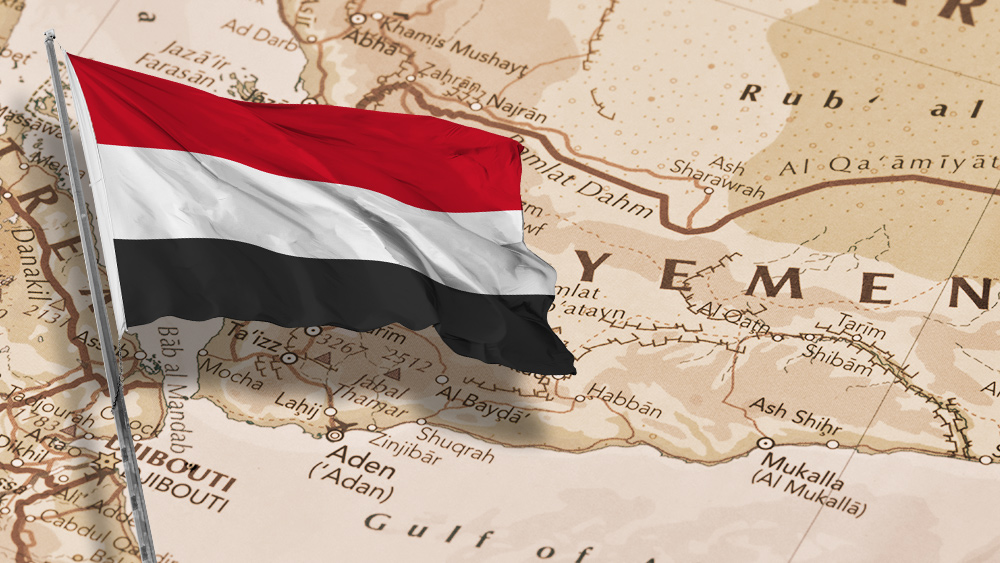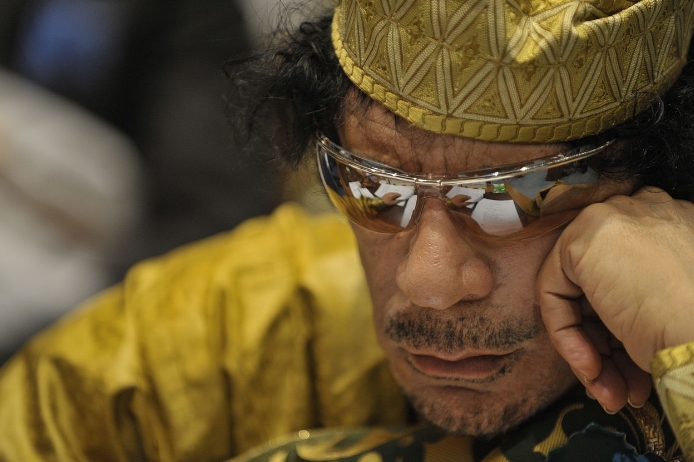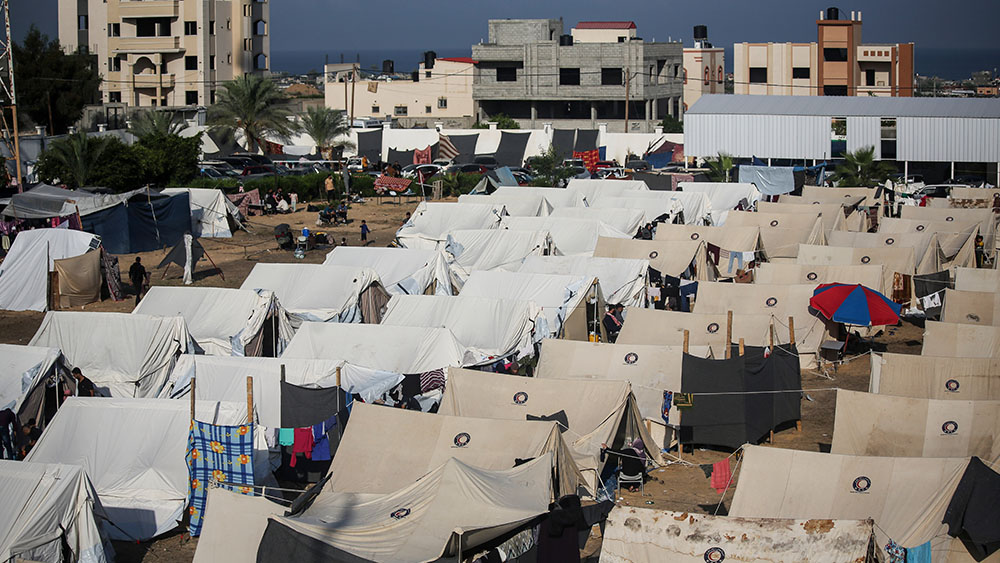 Parler
Parler Gab
Gab
- Israel conducted airstrikes on Sanaa International Airport, claiming they were "dual-use" facilities (civilian structures used for military purposes by the Houthis). The strikes, carried out by F-15 fighter jets, disabled the airport, destroying runways, aircraft and infrastructure within 15 minutes.
- The operation was in response to a Houthi drone strike that killed an Israeli citizen in Tel Aviv the day before. Israel also struck power stations and a cement factory, alleging they supported Houthi military infrastructure.
- The Houthis condemned the strikes as an attempt to blockade Yemen and vowed to retaliate against Israel. Their political leader, Mahdi al-Mashat, warned Israelis to "stay in shelters," claiming their government could not protect them.
- The group reiterated its support for Gaza, stating that attacks on Yemen would not deter them from continuing Red Sea operations (drone/missile strikes on Israel-linked ships). They had paused attacks during a brief Gaza truce but resumed after Israel intensified its offensive in March.
- Analysts, like Sultan Barakat, dismissed Israel's claims, calling the strikes "pure vandalism" that would harm United Nations (UN) aid efforts in Yemen. The airport was already under heavy sanctions and its destruction risks worsening Yemen's humanitarian crisis.
Houthis vow retaliation
In response to the airstrikes, Yemen's Houthi rebels have pledged to retaliate against Israel. The Houthi political bureau condemned the strikes as "further evidence of Israel's bankruptcy," accusing Tel Aviv of seeking to impose a blockade on Yemen by targeting vital facilities. "Targeting Yemeni ports, Sanaa airport, cement factories and power plants aims to impose a blockade on the Yemeni people," the group said, but added that these attacks "will not deter Yemen from continuing its support for Gaza." The Houthis, who have launched over 100 drone and missile attacks on ships linked to Israel in the Red Sea since November 2023, vowed to continue until a permanent Gaza ceasefire is reached. Though they paused operations during a brief Gaza truce earlier this year, they resumed after Israel cut off humanitarian aid and intensified its offensive in March. Moreover, their political leaders, including Mahdi al-Mashat, vowed that the recent strikes would not go unanswered. He then told Israelis to "stay in shelters" because their government could not protect them. Meanwhile, Sultan Barakat, a professor of public policy at Hamad Bin Khalifa University in Qatar, dismissed Israel's justification that the attack was in response to Houthis' attack on Ben Gurion International Airport near Tel Aviv on Sunday. May 4. Instead, he called the attack "pure vandalism." "I think it's pure vandalism, to be honest. The airport in Sanaa is not a normal airport. It's under a huge restriction from the United Nations, from the Saudis, from the coalition – it's under sanctions," Barakat said. He also warned that attacking the airport would disrupt the United Nations and aid groups working in one of the world's poorest nations. Follow WWIII.news for more similar stories. Watch the May 5 episode of "Brighteon Broadcast News" as Mike Adams, the Health Ranger, talks about how the Middle East could now set off nuclear war. This video is from the Health Ranger Report channel on Brighteon.com.More related stories:
WHO Chief Tedros narrowly escapes death in Israeli airstrike on Yemen airport.
TruNews: U.S.-led Yemen strikes escalate Middle East conflict.
U.S., U.K. continue airstrikes against Houthi targets in Yemen.
Yemen declares air blockade against Israel, exposing U.S. missile defense failures.
Sources include: RT.com TimesofIsrael.com CNN.com Aljazeera.com Brighteon.comIsrael-Iran tensions intensify as diplomatic efforts struggle
By Finn Heartley // Share
Reduced Russian drone strike sets the stage for Istanbul’s critical peace talks
By Willow Tohi // Share
DOJ targets controversial “Proximal Origin” study in push for scientific transparency
By Willow Tohi // Share
Gaddafi’s prophecy unfolds: How NATO’s destruction of Libya fueled Europe’s migration crisis
By Lance D Johnson // Share
Sitting too much? New study reveals even exercise can’t fully offset brain shrinkage risk
By Willow Tohi // Share
Israel’s U.S.-backed Gaza aid plan sparks global backlash
By Belle Carter // Share
Governments continue to obscure COVID-19 vaccine data amid rising concerns over excess deaths
By patricklewis // Share
Tech giant Microsoft backs EXTINCTION with its support of carbon capture programs
By ramontomeydw // Share
Germany to resume arms exports to Israel despite repeated ceasefire violations
By isabelle // Share










